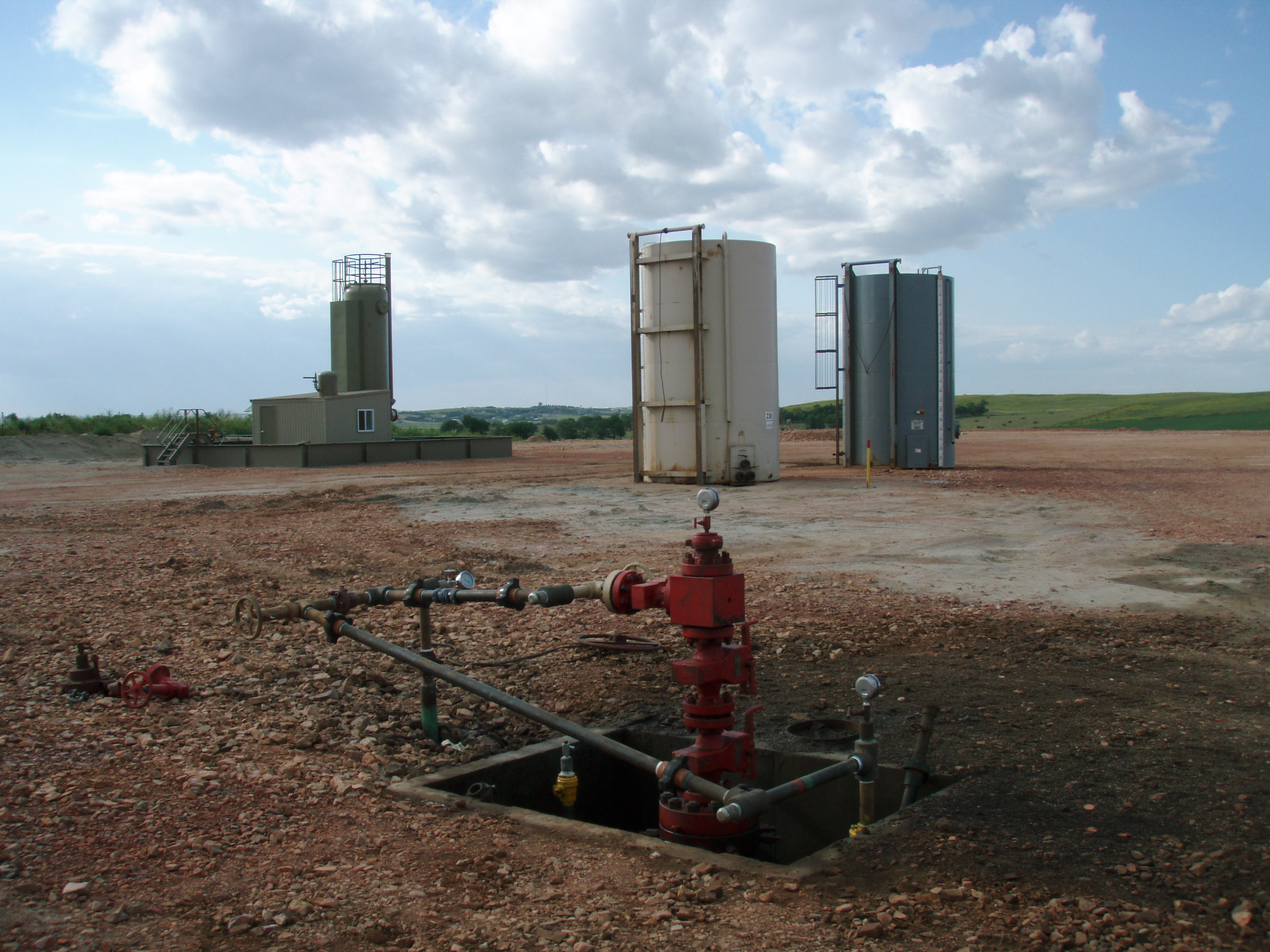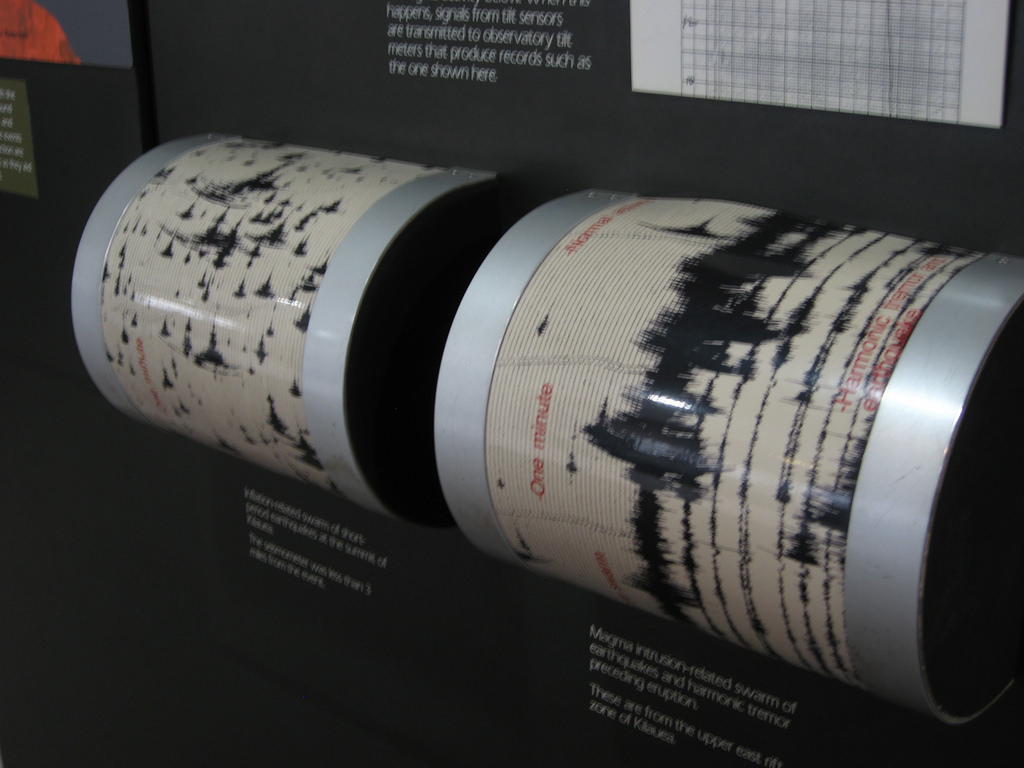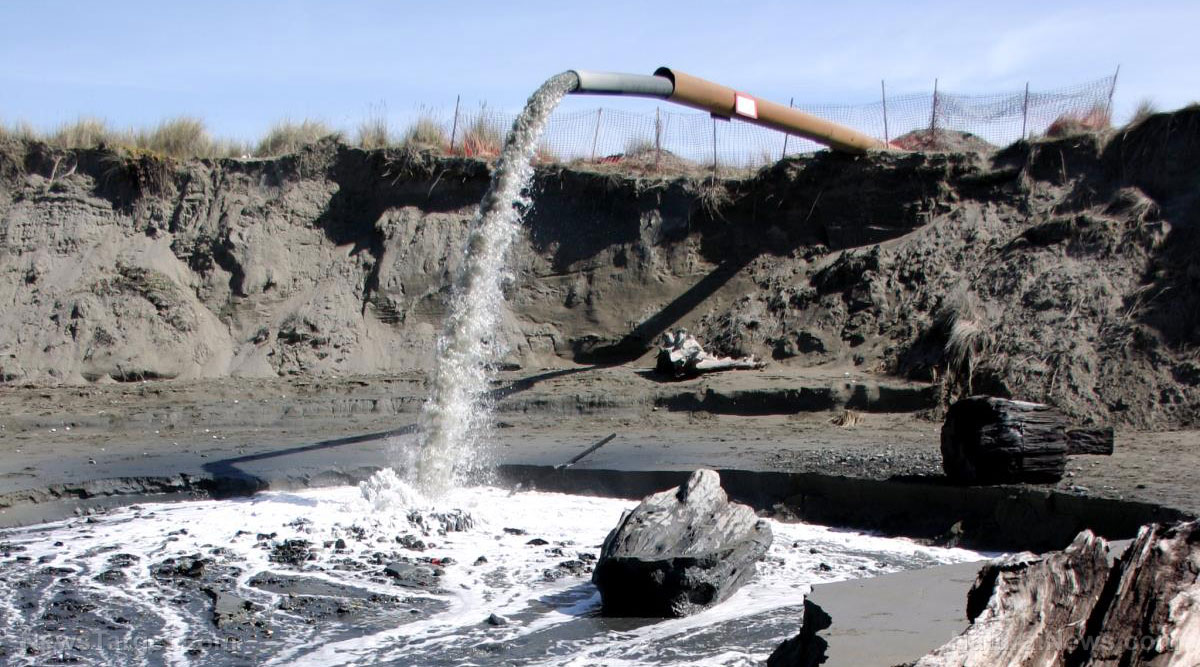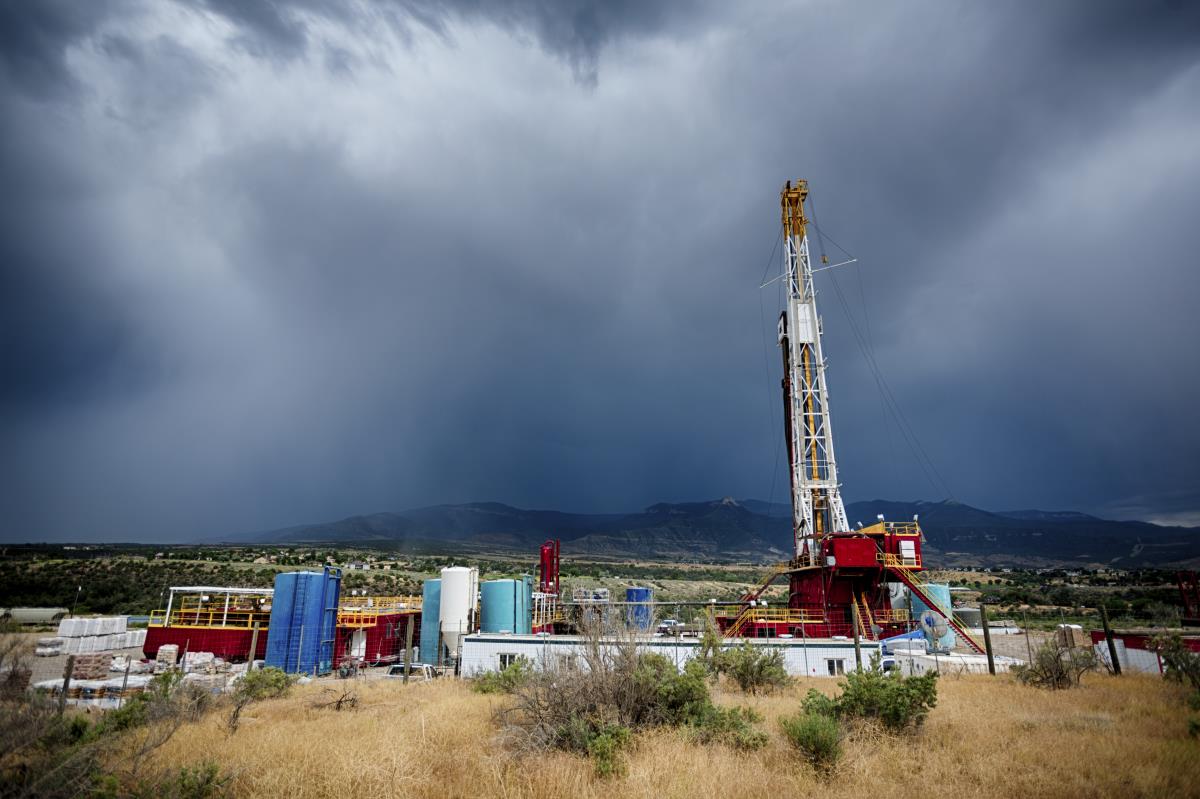Fracking is responsible for the earthquakes in Oklahoma; they are triggered by the injection of wastewater deep into the ground
02/19/2019 / By Janine Acero

The volume and depth of injected wastewater deep into the ground by fracking methods may be the key drivers in the induced earthquakes in Oklahoma, according to a major study published in the journal Science.
The study, led by researchers from the University of Bristol, aimed to provide targeted evidence that proves a substantial decrease in induced seismicity in the Oklahoma region, with possible applications in other parts of the world.
An average of 2.3 billion barrels of fluids per year have been injected into the ground by Oklahoma’s well operators since 2011. For the new study, the researchers analyzed more than 10,000 wastewater injection wells where 96 billion gallons of fluid are pumped yearly due to hydraulic fracturing.
Disposal of wastewater is typically at depths of one to two kilometers below the ground surface. In addition, saltwater is injected deep underground for recovery of oil and gas.
There has been an approximately 800-fold increase in the annual number of earthquakes in Oklahoma since 2011, which is associated with the connection between the frequency of earthquakes (seismicity) and the depth of fluid injection into underground rock formations. The records included a damaging magnitude 5.8 Pawnee earthquake in 2016, the strongest in state history. (Related: Pennsylvania: New report reveals that fracking has caused a large increase in earthquakes.)
The researchers examined the connections between injection volume, depth, location, and geological features over a six-year period, using an innovative software called the Uninet, which incorporated injection well records and earthquake data from the U.S. Geological Survey (USGS).
“The underlying causes of Oklahoma’s induced earthquakes are an open and complex issue, not least because there are over 10,000 injection wells, with many different operators and operating characteristics, all in an area of complex geology,” said co-author Dr. Tom Gernon.
“Thanks to an innovative model capable of analyzing large and complex data sets, our study establishes for the first time a clear link between seismicity and fluid injection depth,” he added.
The research team found that seismic activity may be influenced by the depth and volume of injected fluids at depths where layered sedimentary rocks meet crystalline basement rocks. According to analysis, deeper wells allow easier access for fluids to seep into fractured basement rocks, which are much more prone to earthquakes.
The team concluded that raising the injection depths to above the basement rocks could significantly reduce the energy released by earthquakes, which in turn may reduce the instances of larger, more devastating quakes.
“This marks a step forward in understanding the evolution of seismicity in the Oklahoma region,” according to lead researcher Dr. Thea Hincks.
Professor Willy Aspinall, of the University of Bristol and Aspinall & Associates, who conceived the study, added: “This new diagnostic finding has potential implications for scientists, regulators and civil authorities concerned about induced seismicity, both in the U.S. and internationally.”
The researchers further stated that the findings warrant a broader understanding of how factors such as operational, spatial and geologic parameters influence seismic activity. The team noted that their analysis may grant opportunities to evaluate regulatory actions on a rational, quantitative basis in terms of seismic effects.
Check out other stories about the devastating effects of fracking at Fracking.news.
Sources include:
Tagged Under: deep wells, Earthquakes, environment, fracking, Hydraulic fracturing, Oil and gas industry, sedimentary rocks, seismic activity, seismicity, underground rock formations, wastewater



















